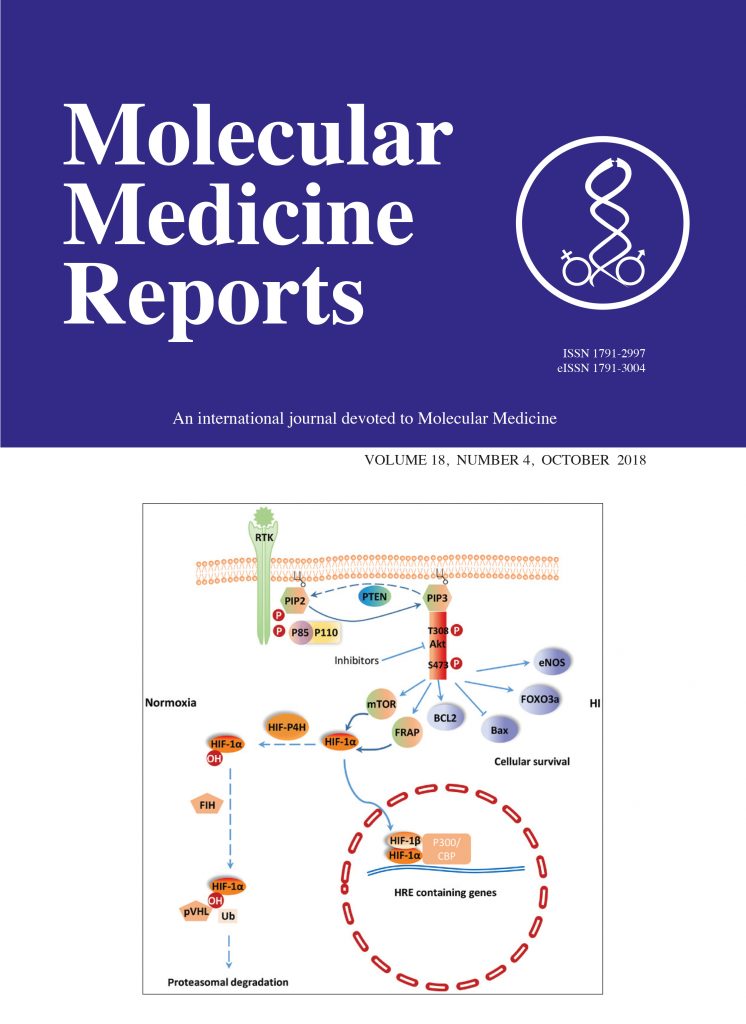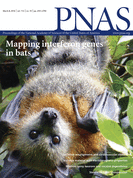 A journal that retracted three papers earlier this year because of concerns that one of the authors had asked conference presenters to cite them has republished the articles, saying that it has “inconclusive evidence of improper behavior.”
A journal that retracted three papers earlier this year because of concerns that one of the authors had asked conference presenters to cite them has republished the articles, saying that it has “inconclusive evidence of improper behavior.”
In February, we reported that the Journal of Vibroengineering had retracted three papers by Magd Abdel Wahab, of Ghent University in Belgium. Wahab had chaired a recent conference, and as we reported then, almost three-quarters of papers that cited Wahab’s three papers originated from the conference. Journal editor Minvydas Ragulskis told us that was “large enough to assume a high probability for citation manipulation.”
At the time, Wahab told us the papers would be republished. And it turns that they were, not long after our original post. There is no explanation on the papers themselves, just a “Republished Paper” in front of the three titles, and an editorial note that is not linked, as best we can tell, from any of the papers.
Along with the citation data the investigation was based on, that note explains that: Continue reading Journal reverses retractions, says apparent citation manipulation was “an innocent and honest mistake”
 The wheels of scientific publishing turn slowly … but they do (sometimes) turn.
The wheels of scientific publishing turn slowly … but they do (sometimes) turn.



 When you think a retraction notice doesn’t tell the whole story, what should you do?
When you think a retraction notice doesn’t tell the whole story, what should you do? A professor specializing in the health of children and pregnant women has left her post at the University of Glasgow, and issued three retractions in recent months.
A professor specializing in the health of children and pregnant women has left her post at the University of Glasgow, and issued three retractions in recent months. Sometimes, corrections are so extensive, they can only be called one thing: Mega-corrections.
Sometimes, corrections are so extensive, they can only be called one thing: Mega-corrections. Less than a year after the entire editorial board of a public health journal resigned in protest of moves by publisher Taylor & Francis, the publisher has decided to call it quits for the journal, Retraction Watch has learned.
Less than a year after the entire editorial board of a public health journal resigned in protest of moves by publisher Taylor & Francis, the publisher has decided to call it quits for the journal, Retraction Watch has learned.